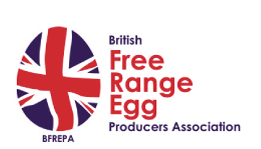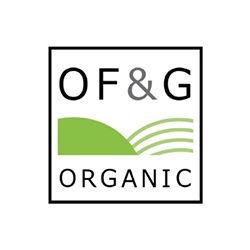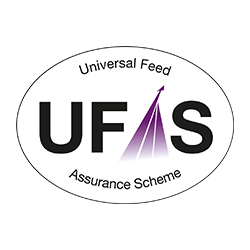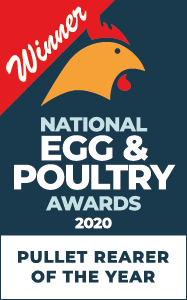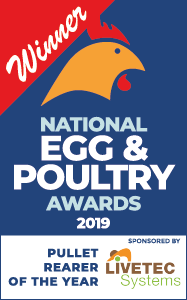This article was published in the April edition of RANGER magazine.
As coronavirus continues to cause chaos across the country, shops are being stripped bare of basic necessities and staple food items, including eggs.
Yet as increased demand fails to be reflected in farmgate egg prices, falling exchange rates and increasing feed costs serve an additional blow to already struggling egg producers and highlights the urgency of packers and retailers to react.
Martin Humphrey, Humphrey Feeds and Pullets director, outlined the causes and effects of this global hysteria.
“The spread of coronavirus has exasperated our Brexit-strained economy and sent exchange rates plummeting,” he explained. “As a result we’ve lost a considerable amount against both the euro and the dollar in the past couple of weeks alone. On 9 March we were £1.31 against the dollar, and £1.15 against the euro, and as it stand now we’re £1.15 and £1.06, respectively.
“Translated into commodity markets, soya has jumped £60/tonne to over £370/tonne since 9 March, and we’ve seen an increase of around £20/tonne for sunflower and other proteins.
“It’s also affecting other commodities such as wheat which we’re seeing up around £12/tonne in the last week. A knock-on effect of these higher prices is that fewer buyers are going to be in the market, which in turn tightens feed supplies for farmers even further.”
Mr Humphrey added that supplies of vitamin and mineral sources from Europe and China have been hugely affected by fractured supply chains so these prices are going up too.
“Unfortunately these trends don’t show any signs of subsiding, and this comes at a really difficult time for egg producers who are already battling with negative margins,” he said.
Despite pressure on egg producers during these testing times, demand for their products is clear and although many businesses are seeing huge falls in revenue as a result of coronavirus, the grocery sector is predicted to buck the trend with panic buying massively uplifting to volume sales.
With actual demand data not yet released due to the early stage of the pandemic, AHDB has published a speculative report which expects grocery sales in retail to have grown in March due to stockpiling and the fact that many meals which would normally be eaten in foodservice have transferred to the home.
“Although this [is predicted to] subside, it is likely that retail demand will remain higher than usual,” the report says.
Scottish egg producer and BFREPA chairman James Baxter said: “This is an extraordinary time for consumers and farmers alike.
“Eggs are a nutritional goldmine and also incredibly versatile - so it’s easy to see why demand has increased during this critical time.
“As free range egg producers we strive to deliver quality and value to British consumers however the increasing pressure rising feed costs will place on producers must be addressed. Farmers will not be able to continue producing food at a price which undercuts their costs.
“Extraordinary times call for extraordinary measures and we have to hope packers and retailers will support food producers at this difficult time, and revisit the contracts they are tied to.”
Martin said: “If retail sales are up then there is no reason why producers shouldn’t be paid a price which is a true reflection of the market. Producers should not be compensating the rest of the supply chain.
“Supermarket shelves are bare and packers are collecting eggs three or four times a week from farms in an effort to keep them stocked. Therefore it’s time to fairly reflect the costs of production and market demand, and offer a return to farmers which at the very least enables a positive margin.
“We’ve seen escalating input prices before and it’s taken strong leadership from packers to force through the necessary changes.
“This is not a time to be behaving in an immoral way and if it doesn’t change farmers won’t survive. Then supermarkets won’t have any eggs on their shelves.
“The only solution is that a higher price is received by farmers.”
For more information on any of the issues raised in this article please call 01962 764 555 or email.











